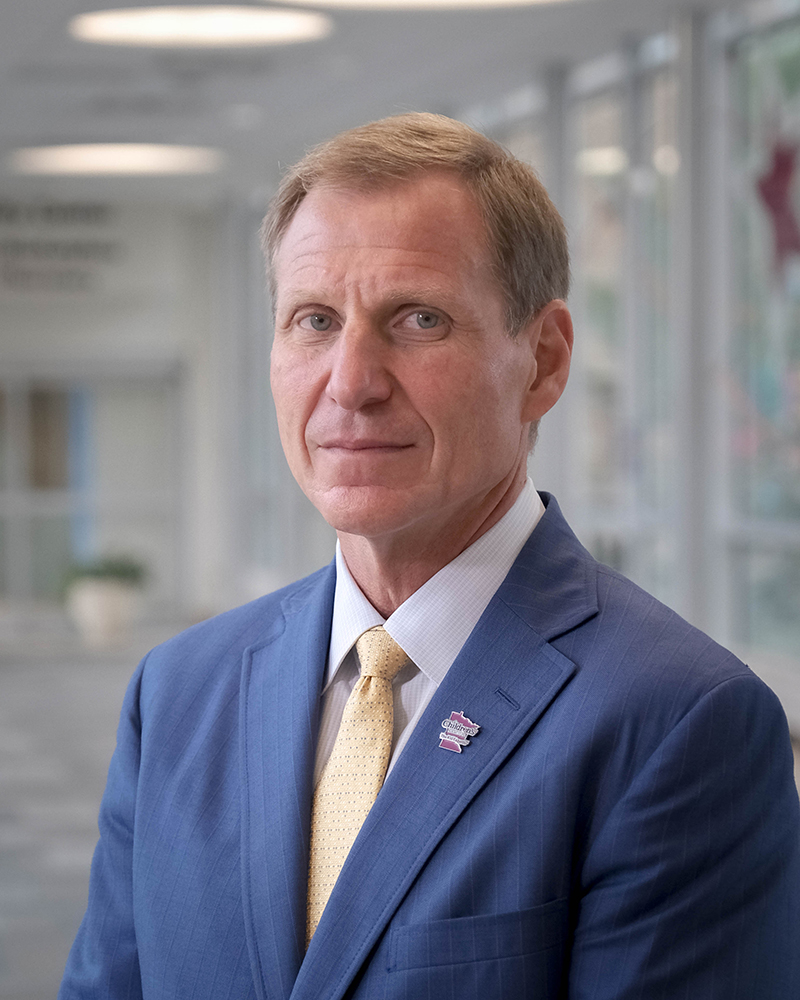
Although my kids are now adults, as a parent I never stop worrying about them. Just like my parents probably never stopped worrying about me. One thing that is different now, though, is what we worry about.
When I was young, parents – and society in general – mostly worried about what kids and youth might do: smoking, drugs, sex, reckless driving. And the efforts to help us stay well were focused accordingly. There were a variety of education campaigns (“Just Say No,” “DARE,” school health curricula) that were at best minimally effective, and policies (age limits on cigarette sales, privacy laws for teens seeking care for pregnancy or sexually transmitted infections) that were probably more useful.
For today’s youth, the concerns are more about how they feel. While external risks remain an issue, mental health has become one of the greatest health threats for kids and adolescents. Anxiety, depression, suicidal thoughts, self-harm – these are the things parents and others who care about kids worry about today.
To give you an example, last year in our emergency department, Children’s Minnesota saw a 30% increase in patients seeking mental health care. And, it’s continuing to rise this year. For the first time in Children’s Minnesota history, attempted or contemplated suicide is one of the top 5 diagnoses in the ED.
The natural question is — why is this happening? The short answer is: it’s complicated. The COVID-19 pandemic certainly hasn’t helped the situation, but the mental health crisis started ramping up years before COVID. There are some really interesting hypotheses as to why. The New York Times has done some great reporting on all of this and I urge you to check out their series “Inner Pandemic.”
The next question is what are we doing about it?
We are adapting as quickly as possible to this new reality.
In November 2022, we’re opening our first inpatient mental health unit, on our St. Paul campus. With 22 beds, it will be able to serve about 1,000 young people a year. Not all kids with mental health crisis need to be in-patient so we also have an intensive outpatient program which opened in Lakeville in 2021. We have a second intensive outpatient program that’ll open in January 2023 in Roseville to serve kids on that side of the metro.
On the preventive side, we’ve integrated behavioral health care into routine primary care visits so we can screen kids early and get them help faster. We are also advocating for policy and systems changes to make sure kids in behavioral health crisis can access the right services at the right time.
The mental health crisis cuts across all demographics, but kids who are African American, Latino, Native, and LGBTQ face higher risk. So, we’re listening to and working closely with partners across many communities so that all kids can thrive.
Our kid experts are uniquely positioned for this moment; to care for the whole child, to deliver a complete continuum of care for kids’ physical and mental health needs.
Note: If you or a loved one are having a mental health crisis, you can call or text 988 to connect to a trained crisis counselor 24 hours a day, seven days a week.
